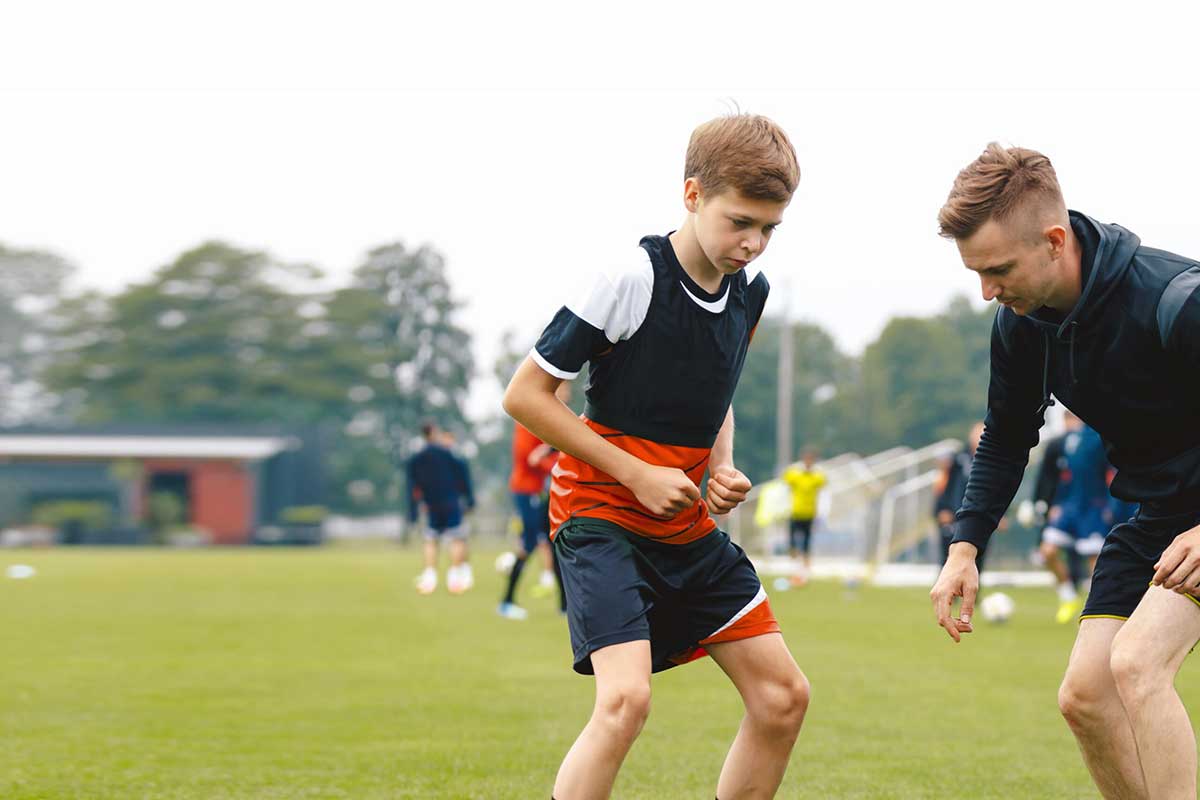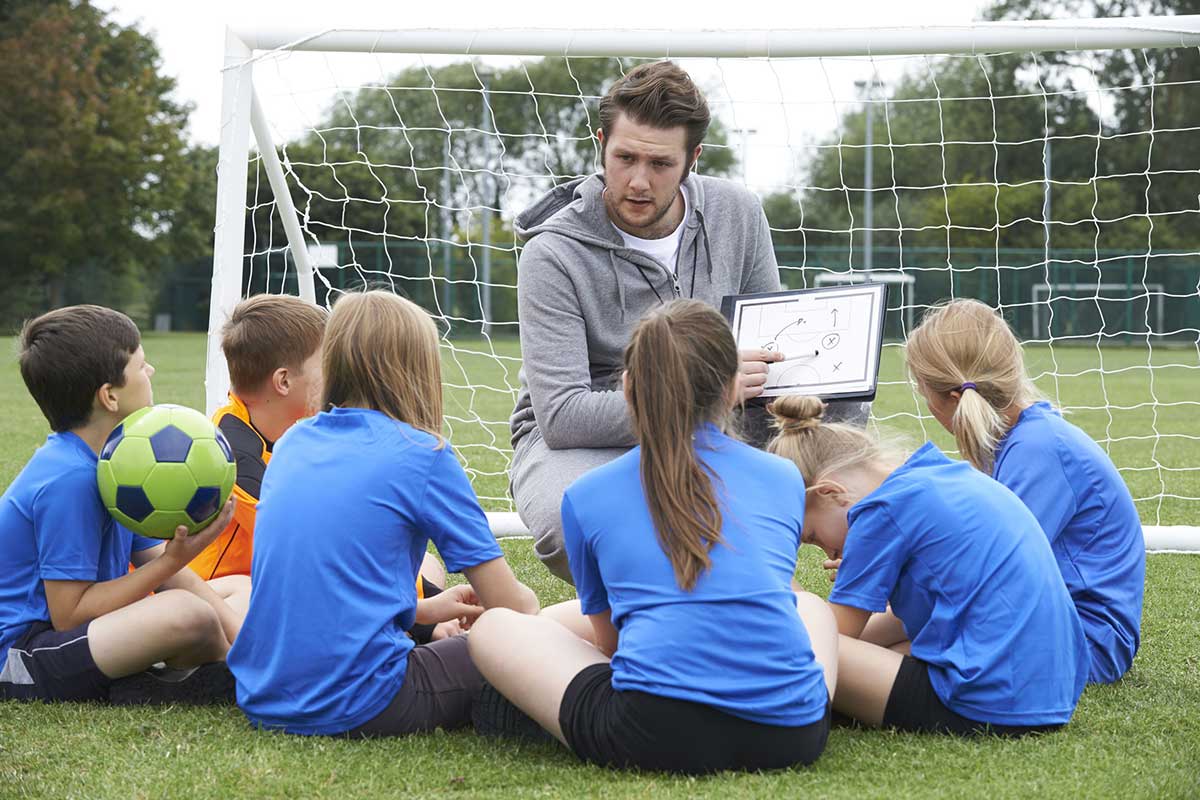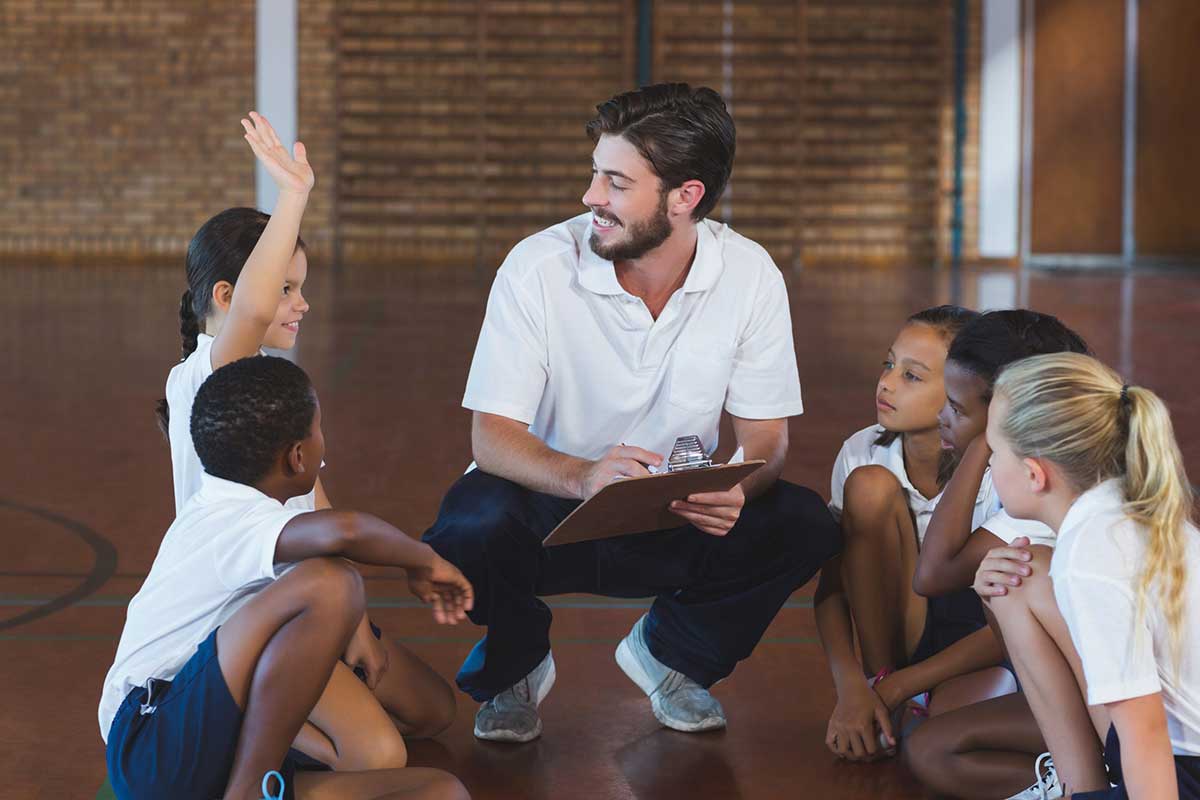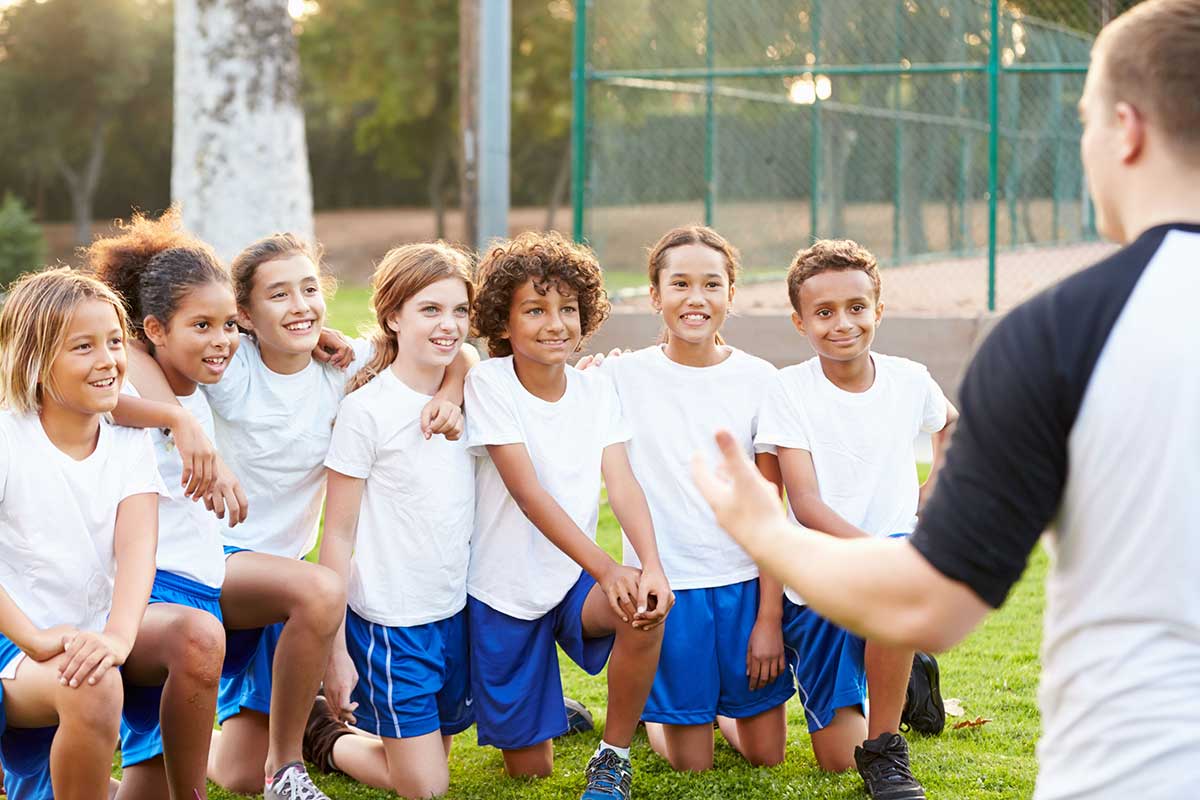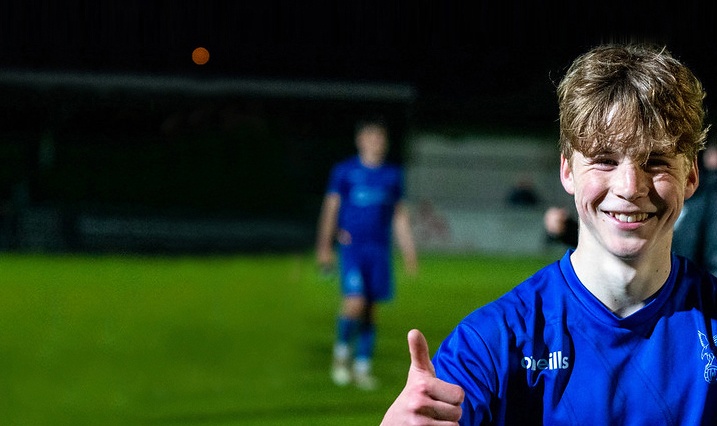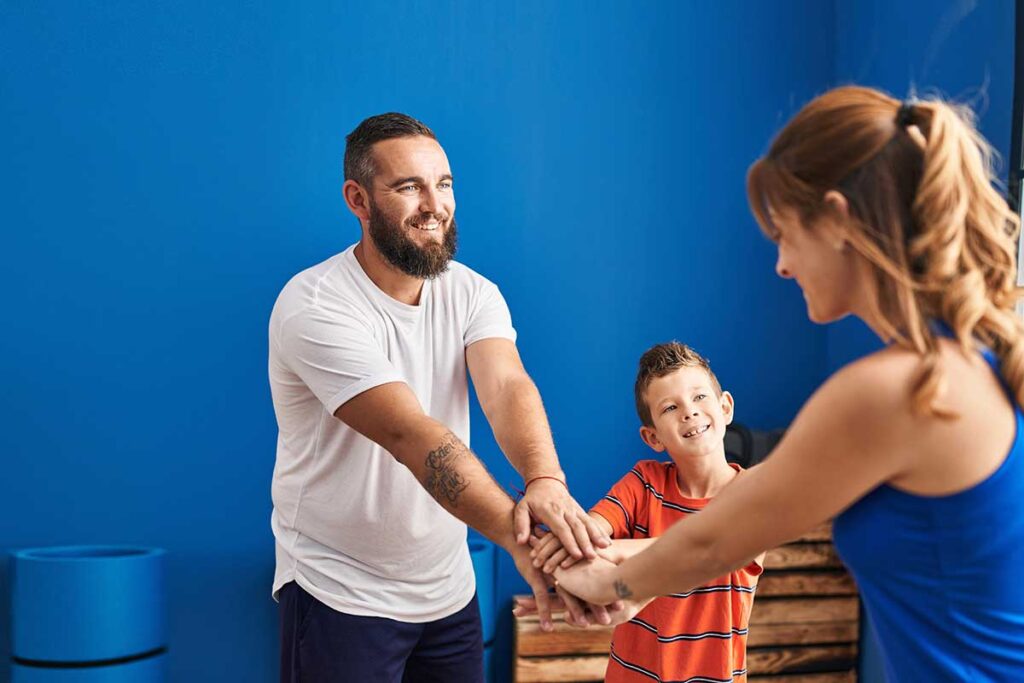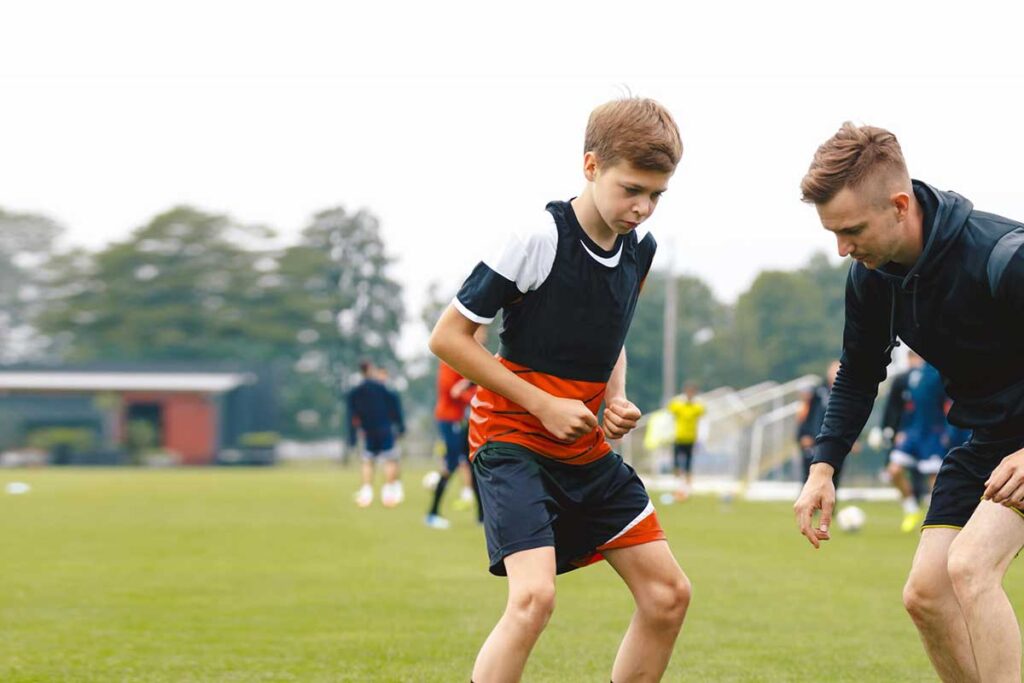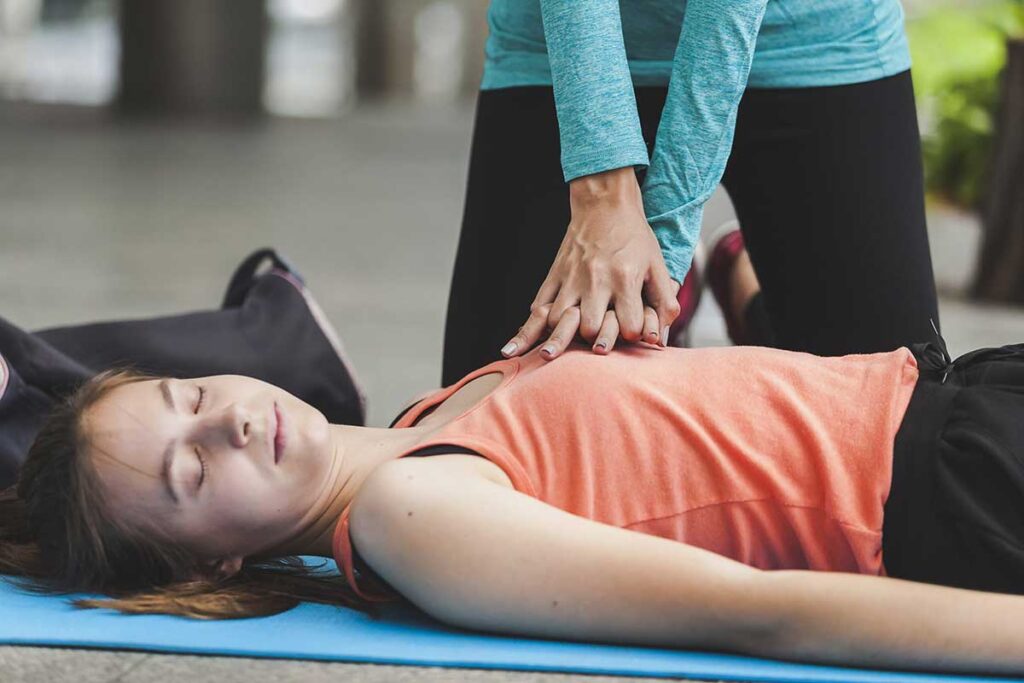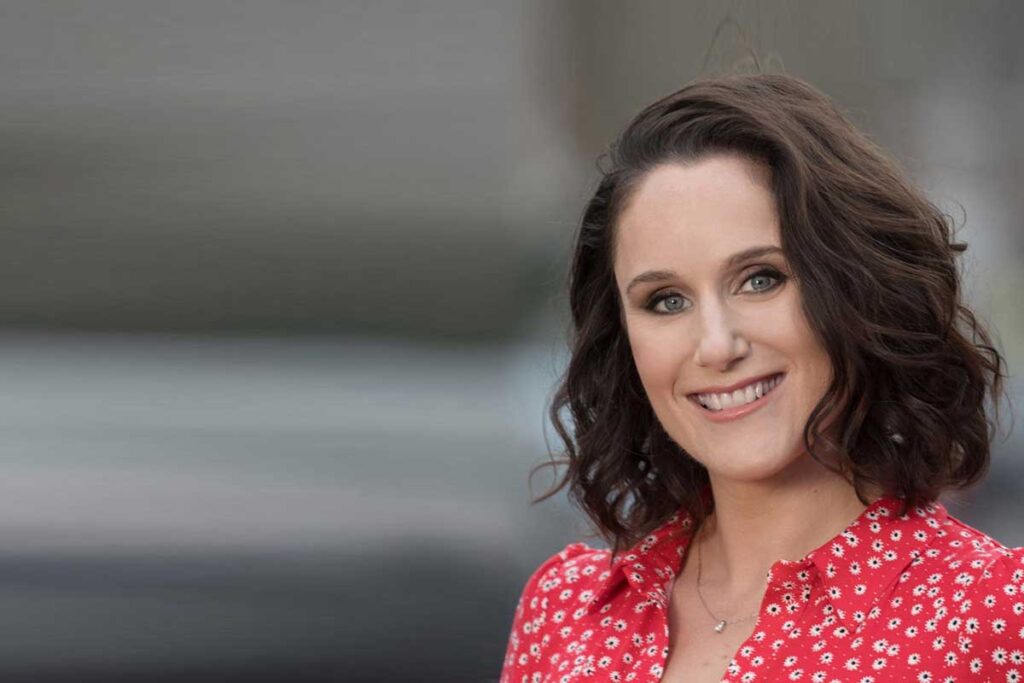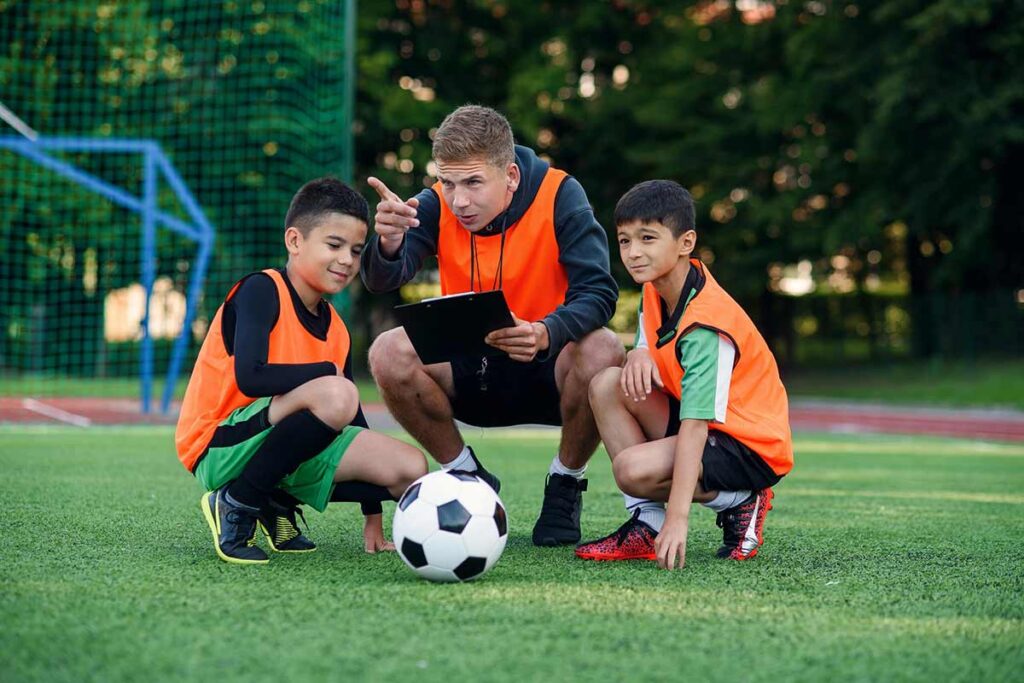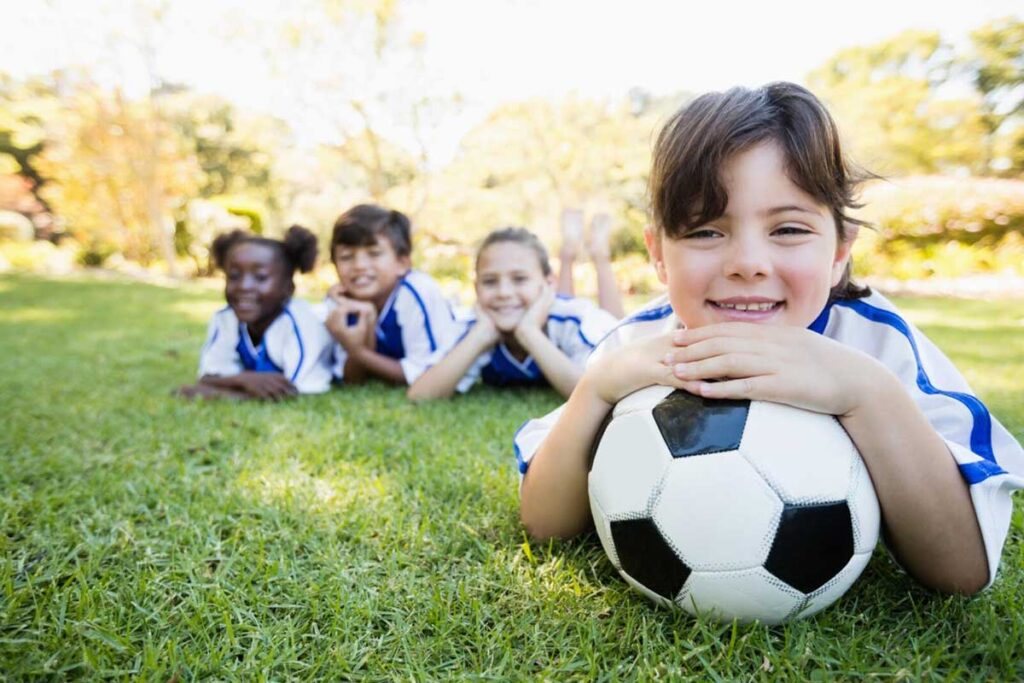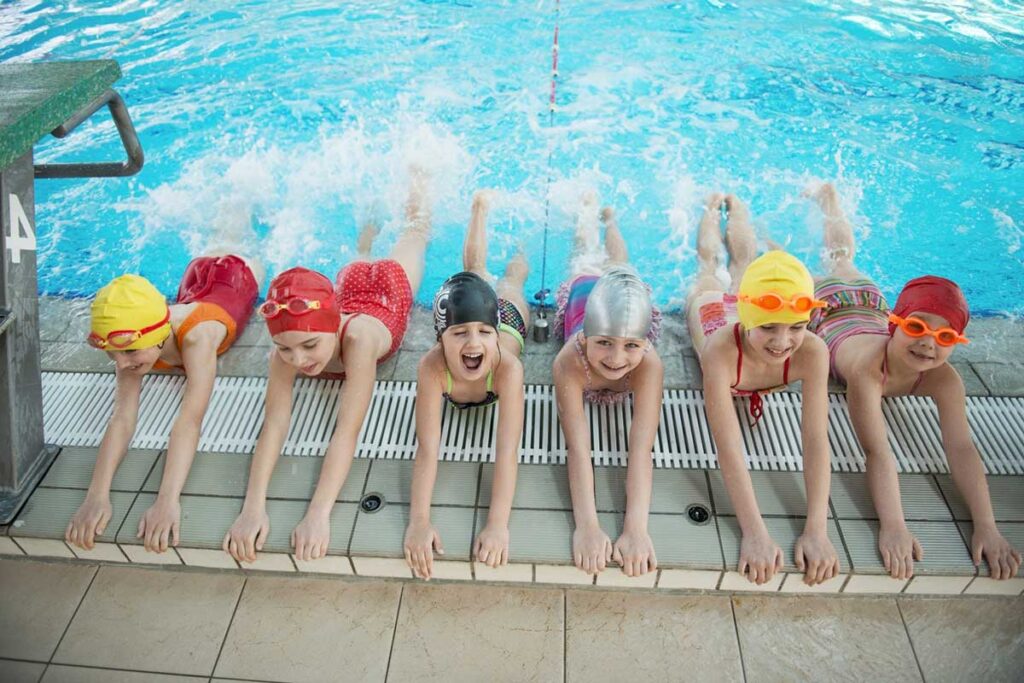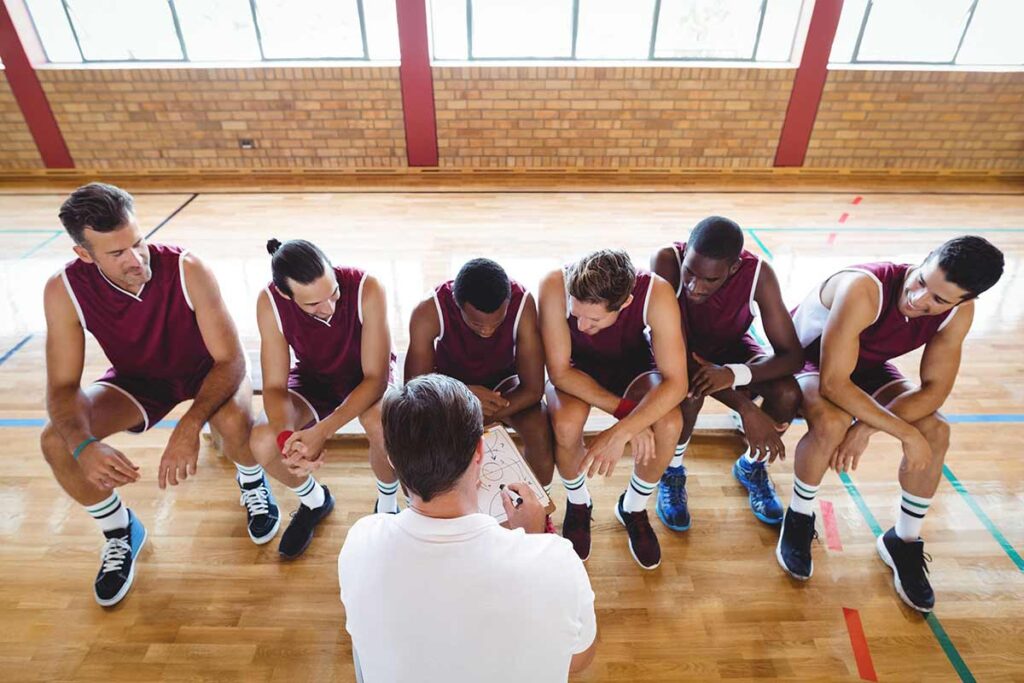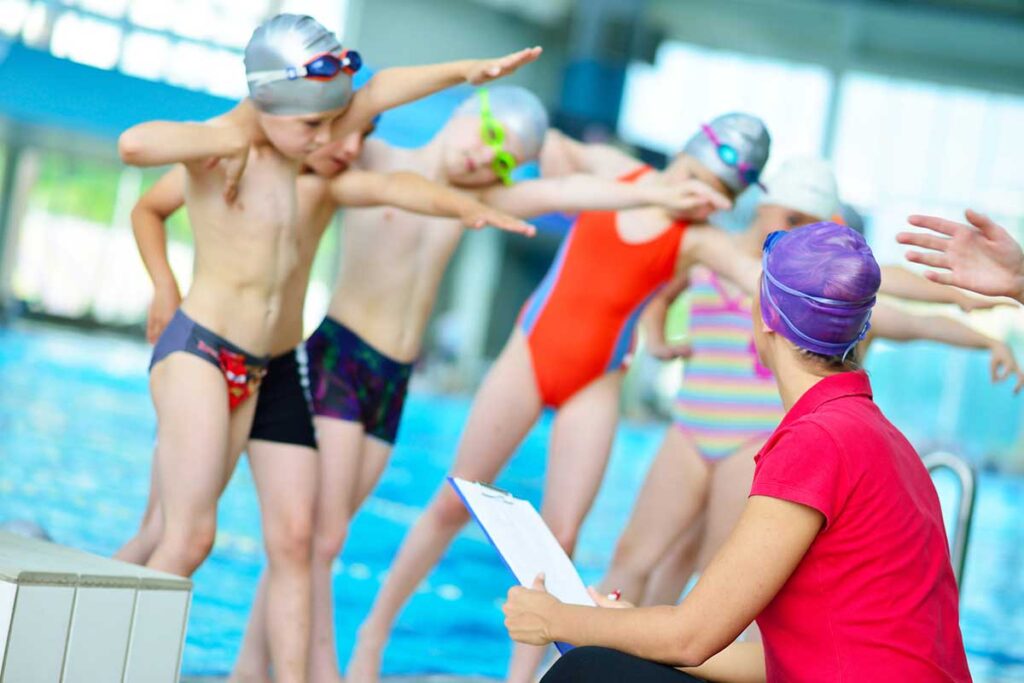How to coach confidence at your club
It may sound like a strange question, but when it comes to coaching, this is something I think about often – how can we help kids “be more confident”?
Alone, telling a child to be more confident is not going to make them feel competent enough to perform skills they previously struggled with. So, here’s some coaching advice to create a more collaborative and transformative approach:
Tackling a lack of self-belief
By definition, confidence (or self-confidence in this case) is the ‘belief in oneself and one’s powers or abilities.’ Ask a child to perform a skill they lack self-belief in, and their chance of doing it with ‘confidence’ is severely limited. Is confidence something that someone could fake? Could it be something they simply ‘switch on’ when asked? It’s unlikely.
Therefore, feedback to your students should be appropriately communicated, so that they can translate the feedback alongside the performance of the task. For example, “be more aggressive.”
Aggression is something a person can consciously adjust, be it performing harder, faster, or just with more conviction. You could also argue that aggression can be interpreted as a by-product of confidence in certain cases.
Coaching that develops and nurtures
Confidence is something that develops over time, and when coupled with careful nurturing on your part, results in progressive skill development and a positive training environment.
Of course, there are other factors that can influence levels of confidence in a child when performing a particular skill. These include; the environment, equipment, mood, warm-up technique, expectations, attitude, and your relationship with them.
Your job as a coach is to build an environment which helps breed and nurture confidence, raising a child’s self-esteem and psychological stability.
Building confident kids
I asked professional stuntman, Richard Dwyer, for his view on ‘building confident kids’ – a motto he employs in his company, Flair Gymnastics:
“Being a confident person is your God-given right, and without confidence, you will NOT be performing, achieving, living, loving or being your best in life. There are many opinions and definitions of what confidence is, so to keep things simple, when I use the word ‘confidence’ I mean complete and total belief in yourself and in your own powers and abilities.”
Richard goes on to say: “When someone is in a position of authority, as a child you take their word as ‘gospel,’ believing them to be speaking the complete truth. These words can powerfully flatten that inner confidence that you were born with, so we end up having our minds poorly programmed. Sports where goal setting and reinforcement of positive behaviours are rewarded and celebrated breeds a confident self. Correctly trained sports coaches who OWN their minds and love passing on their knowledge to others are trained to use confidence as a tool to help achieve goals. This becomes a positive feedback loop in the brain, leading to more and more confidence and more and more goals being achieved as a result.”
It comes as no surprise then that as coaches, our role is crucial for the development of a student’s confidence. I asked Richard for his view on what it is that prevents people from feeling confident when it comes to performance:
“The one and only ‘thing’ that stops us from choosing to feel confident is the same thing that stops us from doing anything in our lives – fear. Fear is a thought about a future event that may or may not happen. It’s our mind working out the worst possible scenario of what the future looks like and then our minds meditating on (going over and over and over) that negative thought or event, that is actually unlikely to happen.”
So, how do we grow, build and cement our confidence? What would be your coaching advice I asked Richard:
“I believe the answer to this is simple, but it takes consistent practice – we must first eliminate fear and see failure as feedback. Here is my simple confidence formula: Confidence is a MASSIVE contributor to happiness because progress = happiness. Confidence is a by-product of achieving goals so you MUST first be able to overcome fear if you are to gain true inner confidence.”
Richard’s advice is truly valuable, especially when you consider how he has confronted fear as a high-level athlete, professional stuntman and now as a businessman.
Next time you give feedback to a child to ‘be more confident,’ think about how they can apply that feedback. More often than not, feedback needs to be more constructive and part of a wider, smarter training plan, which will build confidence more organically.
To see and hear more great content and coaching advice from Flair Gymnastics CEO Richard Dwyer, head over to his blog by clicking here or follow him on Twitter @Richard_Dwyer.
Article by Nick Ruddock – international sports coach and consultant. If you’d like to spend more time coaching and less time on admin, then get your FREE demo of the software.
